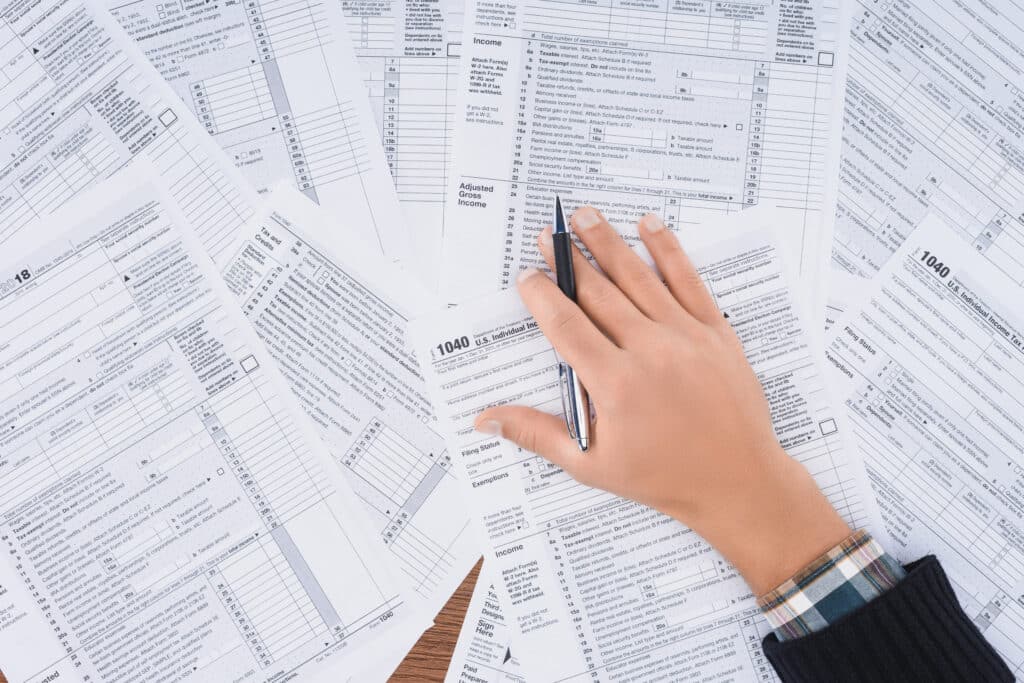Household employers file and pay the exact same employment taxes as commercial employers do. The IRS established the Form 1040 Schedule H in 1995 to simplify and streamline the household payroll tax reporting. Often times, however, the household employer or their CPA are confused about the proper reporting and begin filing quarterly form 941 for household employment. This can create several complications that take time and effort to resolve.
Using the Form 1040 Schedule H is the best practice for all household employers. Why?
Quarterly vs. Annual filings
The Schedule H is an annual filing, prepared in conjunction with the employer’s personal income tax return. Form 941 however, must be filed and paid every quarter. Even if there was no household payroll in a quarter, the family using a form 941 return must file every quarter. Failure to file a form 941 return, even when there was no payroll to report, will trigger penalties. In addition to 4 quarterly 941 filings, an annual Form 940 will also be required. The Schedule H on the other hand must only be filed in years when there actually was household employment. The annual Schedule H replaces 5 filings through-out the year.
Dual Reporting using both Form 941 and Schedule H
A household employer who filed and paid their household employment taxes using a form 941 often uses a CPA to prepare their annual 1040 returns. Included in the CPA’s annual tax organizer questionnaire is a question related to household employment, typically asking “Did you or your spouse pay in excess of $1,000 in any calendar quarter or $2,800 during the year for domestic services performed in or around your home to any individuals who may be considered household employees?”
When the household employer answers yes to this question, the CPA collects information from them pertaining to the amounts paid to the household employees and completes the Form 1040 Schedule H as part of their tax preparation.
The Schedule H ADDS the amount of tax due for household payroll taxes to the 1040 filing, thereby either decreasing the refund due or increasing the tax due on the 1040 return. In essence, the household employer is double reporting AND double paying the household payroll taxes, reporting and paying once using the 941s and again on the Schedule H.
Accounting Complications on Business or Farm Income Reporting
The IRS does allow household employers who are sole proprietors of a business or farm to include their household payroll on the IRS 941, 943 or 944 return (See Publication 926). However, any reputable accountant will ensure that the household employer takes pains to reduce their business deductions for payroll and payroll taxes by the amounts attributable to the household employment. Why? The household employee is an employee of the sole proprietor’s household, not their business venture. As such it is improper to deduct the expenses associated with the household employee from the income of the business or farm. This gets complicated, and if not done properly can cause complications in an audit that trigger expensive penalties. Many sole proprietors simply find it easiest to keep business payroll on the business tax returns, and their household payroll on the Schedule H. HomeWork Solutions can also help you learn about Schedule H tax preparation outsourcing to a payroll specialist.

